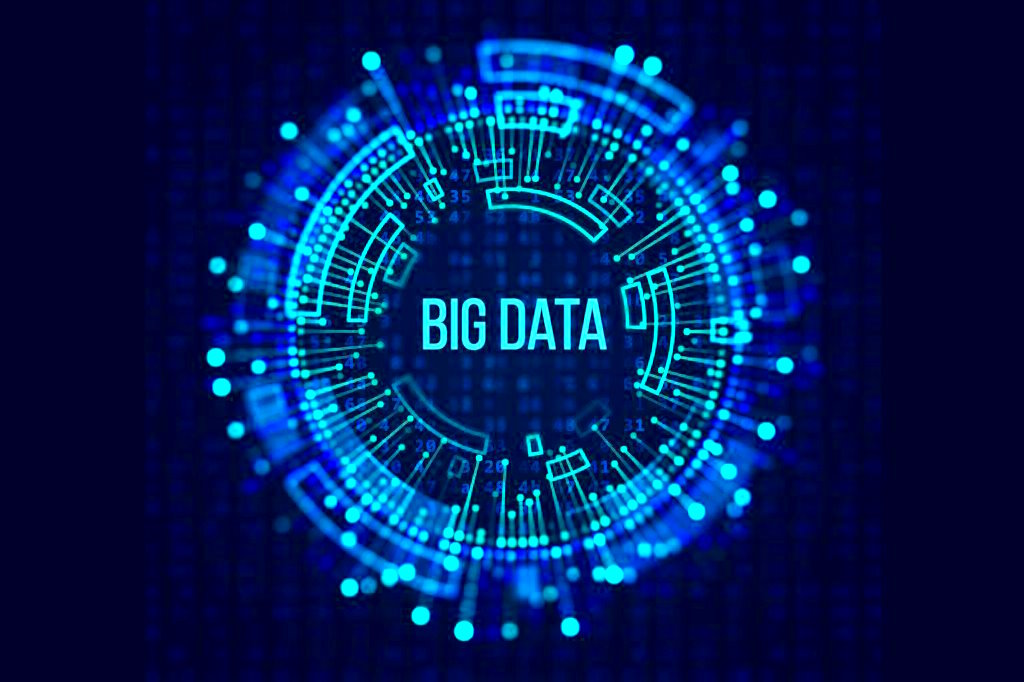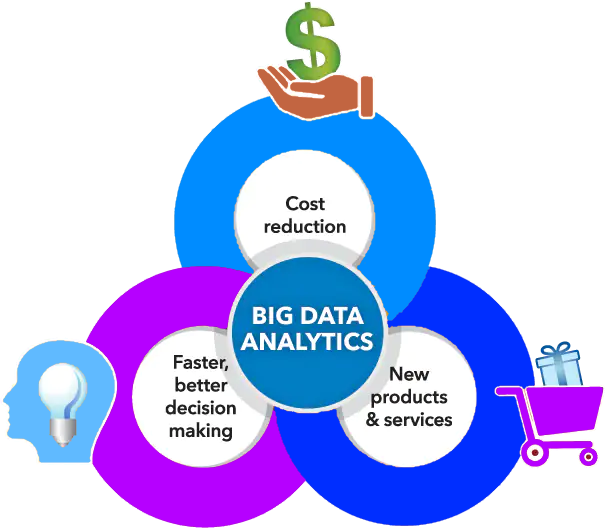Leveraging CRM and Big Data for Success!
In today’s data-driven world, CRM and big Data have become indispensable tools for businesses seeking to gain a competitive edge. Customer Relationship Management (CRM) systems enable organizations to effectively manage customer interactions, while Big Data provides a wealth of information that can be harnessed to drive strategic decision-making and enhance customer experiences.
By combining the power of CRM and Big Data, businesses can unlock valuable insights that lead to improved customer engagement, personalized marketing campaigns, and ultimately, business success.

Understanding Big Data:
Big Data refers to the vast amount of structured and unstructured data generated from various sources, including customer interactions, social media, online transactions, and IoT devices. This data is characterized by its volume, velocity, and variety. Traditional data processing tools are inadequate to handle the complexity and scale of Big Data, necessitating advanced analytics techniques such as machine learning and data mining.
The Role of CRM in Big Data Analytics:
Customer Relationship Management systems act as a central repository for customer data, capturing information from various touchpoints and interactions. By integrating Customer Relationship Management with Big Data analytics tools, businesses can leverage the vast amounts of customer data to gain actionable insights. Here’s how CRM enhances Big Data analytics:
- Comprehensive Customer Profiles: CRM systems collect and consolidate customer data, including demographics, purchase history, browsing behavior, and support interactions. By integrating this data with Big Data analytics, businesses can build comprehensive customer profiles that provide a holistic view of each customer’s preferences, needs, and behavior.
- Personalized Marketing Campaigns: Big Data analytics enables businesses to segment customers based on their preferences, purchase patterns, and behavior. By leveraging CRM data, marketers can create highly targeted and personalized marketing campaigns that resonate with individual customers. This can lead to increased engagement and higher conversion rates.
- Improved Customer Experience: By analyzing Big Data alongside CRM data, businesses can uncover patterns and trends in customer behavior. This allows organizations to identify pain points, optimize customer journeys, and deliver a seamless and personalized experience across all touchpoints, ultimately enhancing customer satisfaction and loyalty.
- Sales and Revenue Optimization: Big Data analytics can provide valuable insights into sales trends, customer buying patterns, and revenue forecasts. Integrating CRM data helps businesses identify upsell/cross-sell, optimize pricing, and forecast sales, enabling informed decisions and increased revenue
- Proactive Customer Service: By analyzing customer data in real-time, businesses can anticipate customer needs and address issues proactively. CRM data, when combined with Big Data analytics, allows prediction of churn, detect potential service issues, and provide personalized support. This allows fostering stronger customer relationships.

Challenges and Considerations:
While the integration of Customer Relationship Management and Big Data offers significant benefits, businesses must address certain challenges:
- Data Quality: Ensuring data accuracy and quality is crucial for effective analytics. Businesses must have proper data governance practices in place to maintain clean and reliable Customer Relationship Management and Big Data sources.
- Data Security and Privacy: With the increasing focus on data privacy, businesses must implement robust security measures to protect customer data, adhere to regulatory requirements, and gain customer trust.
- Scalability and Infrastructure: Handling Big Data requires scalable infrastructure and advanced analytics tools. Businesses need to invest in the right technology and resources to store, process, and analyze large datasets efficiently.
Conclusion:
The combination of CRM and Big Data offers businesses deeper customer insights, enhanced experiences, and growth opportunities. Integrate Customer Relationship Management and Big Data to unlock customer data’s potential, drive decisions, and deliver personalized experiences. Leverage CRM-Big Data synergy to stay competitive, optimize operations, and provide personalized customer experiences as businesses digitally transform.
Don’t have big data? You still might want to use CRM! read about Why do Small Businesses Need a CRM next!

jack hicks
You may want to add the connection to AI for this blog post